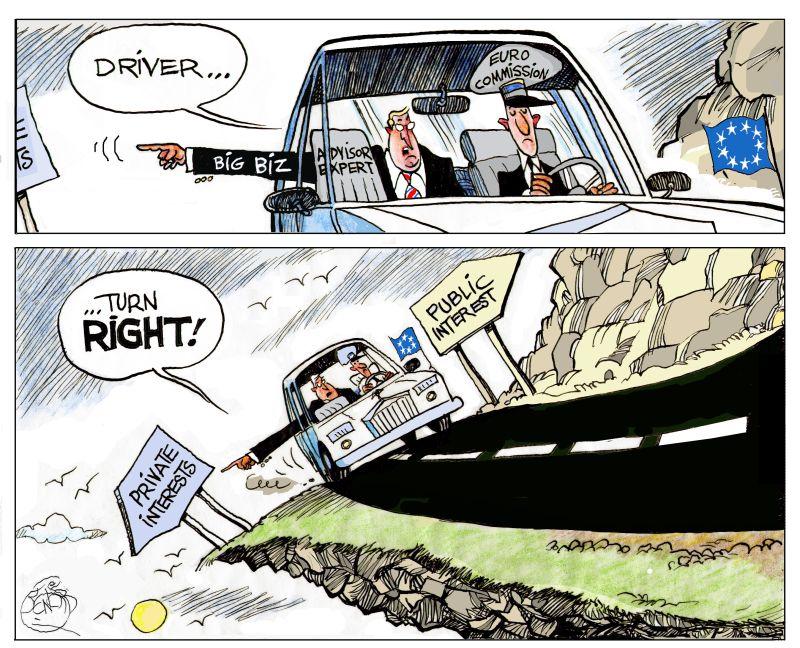
Vision for Agriculture backtracks on green commitments, serves corporate interests
The ‘Vision for Agriculture & Food – Shaping together an attractive farming & agri-food sector for future generations’, presented today by commissioner Hansen is a clear backtracking of the common sense that was reflected in many proposals resulting from the Strategic Dialogue published in September 2024 and which according to EC-president Ursula Von der Leyen would serve as the basis for this Vision.
Indeed, the conclusion of the Strategic Dialogue “business as usual, be it economic, social or environmental, is not an option”, now is diverted into precisely that: business as usual. As CEO and others have documented extensively, the status quo means that the EU’s current model of agriculture directs billions in EU taxpayers’ money to fuel climate change, destroy biodiversity, and undermines farmers’ livelihoods.
This backtracking comes down to an outright denial of scientific evidence regarding environmental challenges, and just serves corporate interests who are fighting for their right to pollute.
Some main points of concern with the Vision document:
* Whereas the Strategic Dialogue acknowledged that agriculture and food production needs to work within ‘planetary boundaries’, the Vision fails to make credible proposals on the climate crisis, biodiversity collapse and the public health impacts of pollution.
* In line with the extreme deregulation focus of the new EC in all policy areas, also this agriculture policy document has a strong focus on ‘simplification’ and weakening of existing rules to condition spending of CAP subsidies and protection of the environment.
* The Vision also calls for a fast deregulation of new GMO’s. Using unfounded promises on sustainability, not based on evidence, this Vision is giving in to a decade long corporate lobby campaign to delete the EU’s food safety rules for GMOs.
(See this CEO report).
* The important ambitions of the EC to tackle outlawed pesticides exported by the EU to the Global South as well as those imported back as residues on foreign food, are being sidelined. Despite earlier promises to tackle the issue through an export ban, now the EC only wants to commit to assess the issue by an additional impact assessment focused on competitiveness.
